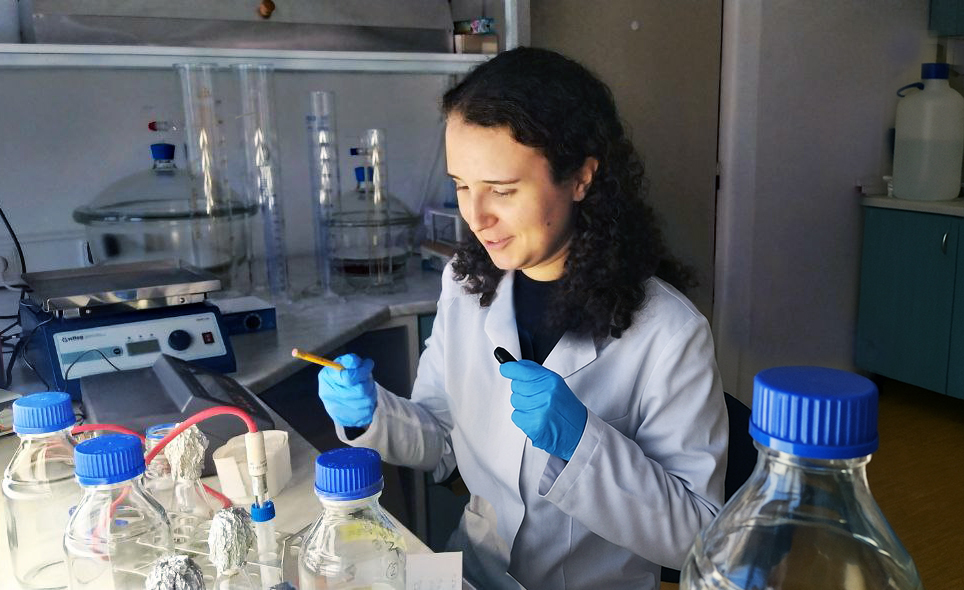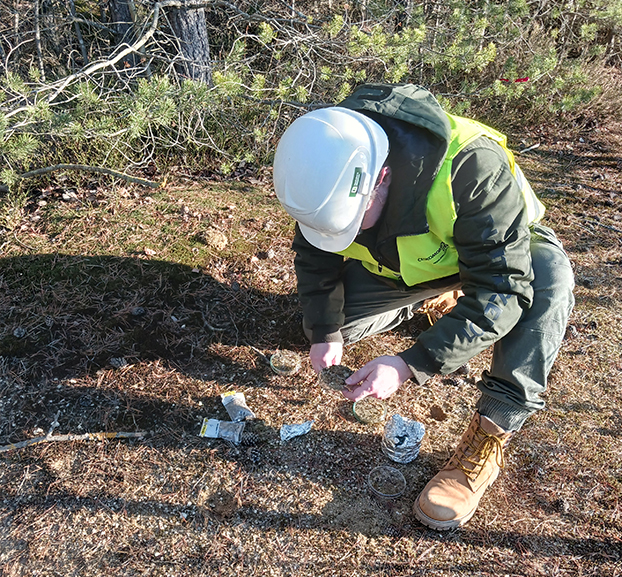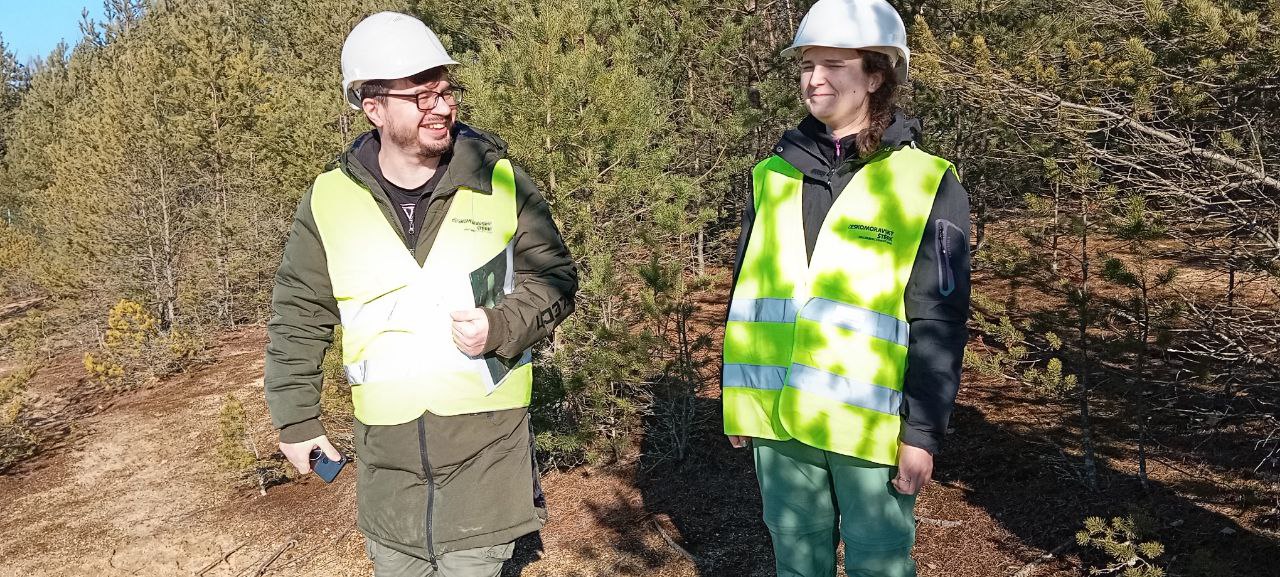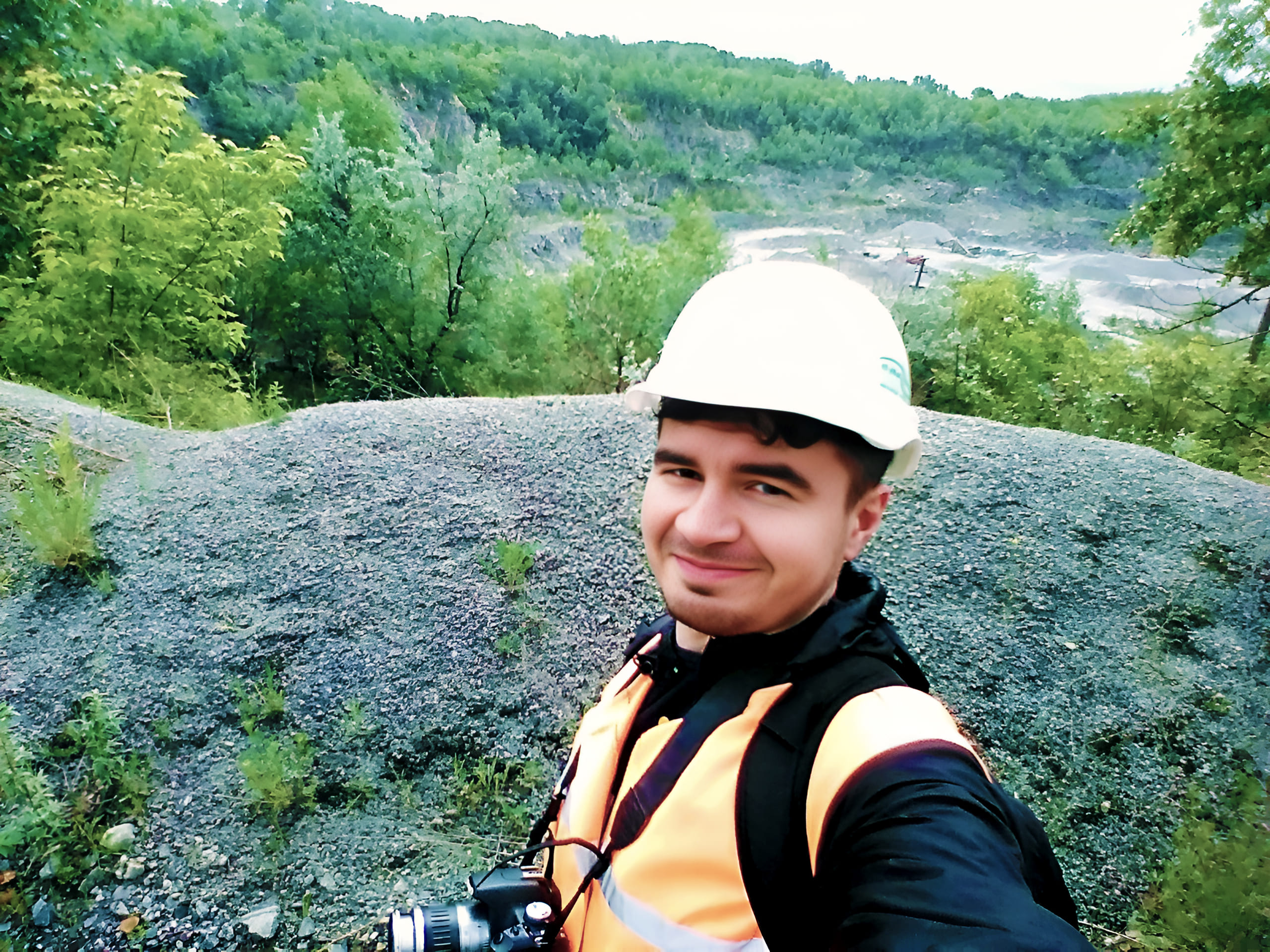Scientific project-Media Coverage-Quarry Life Award

In today’s world, where the consumption of natural resources is rapidly increasing, finding a balance between industrial development and environmental protection is more crucial than ever. This intersection of knowledge and sustainability is at the core of the Quarry Life Award – a prestigious international competition organized by Heidelberg Materials. It brings together researchers, students, and nature enthusiasts from around the globe, encouraging them to explore and protect biodiversity in quarries.
The competition not only advances ecological research but also plays a vital role in raising public awareness of the importance of biodiversity. This mission is especially relevant to the Czech Republic, where responsible land restoration is an essential part of sustainable development.
In 2025, the sixth edition of the contest was launched, and among the selected initiatives is the project of representatives from the Faculty of Science and the Centre for Polar Ecology at the University of South Bohemia: Oleksandr Bren (PhD, postdoc) and Anastasia Kolomiiets (PhD student).
Their project, titled “Microalgal biodiversity as an indicator of soil reclamation in post-mining sand pit sites”, was approved for implementation after expert review and is being conducted at the Cep II sand pit, located in the Třeboňsko region.
Microscopic algae and cyanobacteria are among the first organisms to colonize impoverished and degraded soils. They play a crucial role in forming primary organic matter, structuring the soil layer, and initiating natural ecosystem recovery processes.
The team's work focuses on studying the qualitative and quantitative parameters of microalgae in different areas of the sand pit, each at various stages of reclamation. The main goal is to assess the completeness and timing of soil recovery in disturbed habitats.
The University of South Bohemia already has a successful track record with the Quarry Life Award: in 2012, the project “Sand pit for Biodiversity at Cep II quarry”, led by Klara Řehounková, won first place in the national round. The results of that study were implemented in practice and influenced the site’s management approach.
We are proud to continue the tradition of environmentally significant science and wish our team inspiration and success — both in their current project and in the competition!





